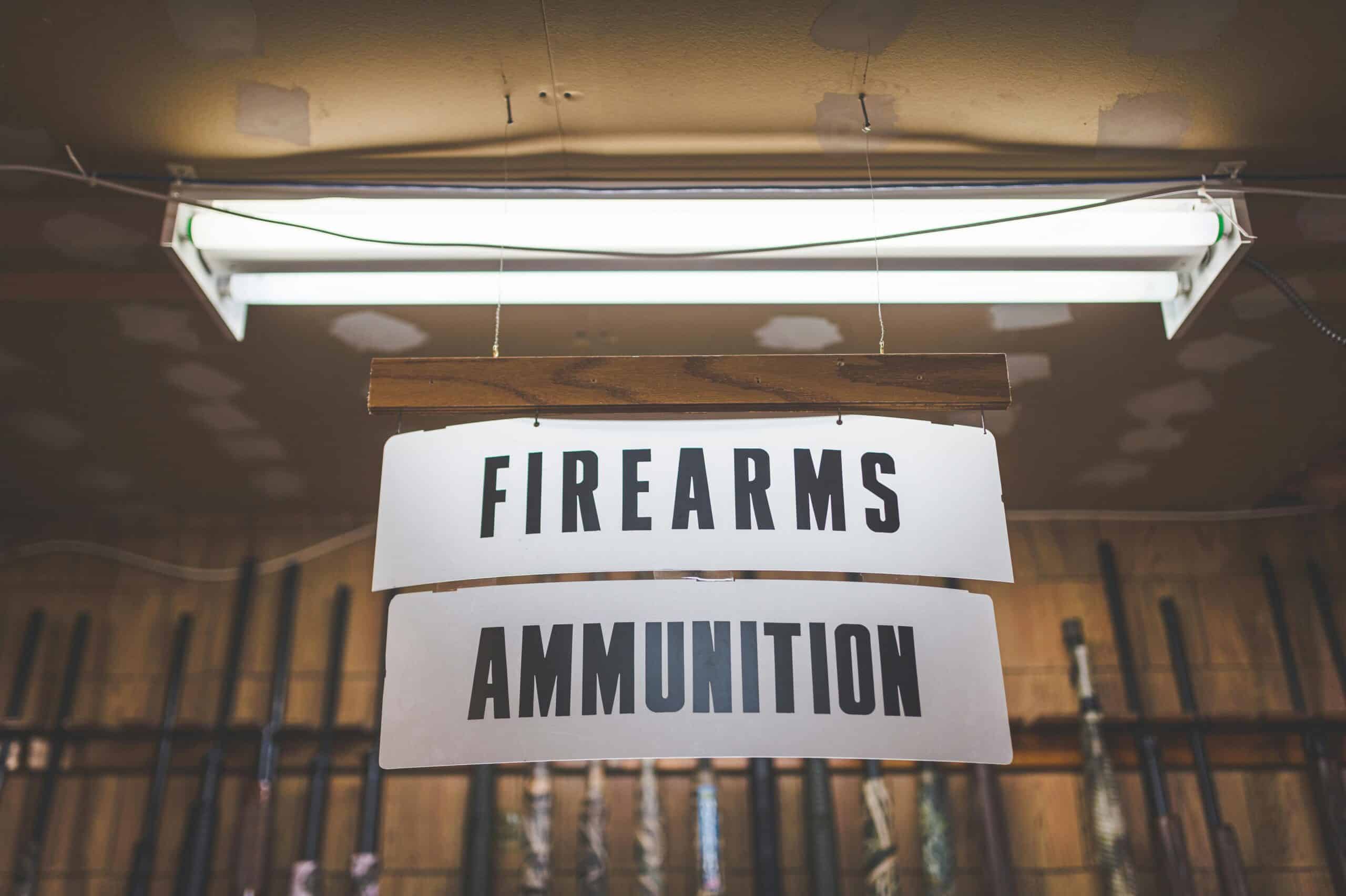High-value firearm sales—such as collectible rifles, customized pistols, and tactical equipment bundles—require more than just retail expertise. They demand a secure, compliant, and professionally managed payment infrastructure. Given the regulatory oversight and financial risk involved, merchants in the firearms space must adopt specialized strategies for accepting and safeguarding transactions. Whether you’re selling directly to law enforcement, collectors, or recreational shooters, protecting payment data and ensuring legal transfers is essential to both customer trust and business continuity. By combining secure credit card processing, optimized payment POS systems, and compliance with FFL license types, firearm retailers can protect high-dollar sales while meeting legal and financial obligations[1].
Why High-Value Firearm Sales Require Enhanced Security
Selling firearms comes with heightened legal scrutiny and transactional risk. High-value purchases increase the likelihood of fraud attempts, identity theft, and chargeback disputes. On top of that, retailers are subject to federal regulations under the Bureau of Alcohol, Tobacco, Firearms and Explosives (ATF), which mandate specific protocols for transfer and verification. Unlike most retail categories, firearm merchants must verify buyer eligibility, conduct background checks, and comply with FFL transfers based on jurisdiction[2]. These legal requirements add layers of complexity to already sensitive transactions. Failing to secure payment systems and transfer protocols can lead to fines, license suspension, or irreversible damage to a retailer’s reputation.
Common Payment Threats in Firearm Retail
Digital firearm purchases, especially those above $1,000, are increasingly targeted by fraudsters who exploit gaps in verification or attempt to circumvent ATF requirements. Card testing fraud, false identity purchases, and chargeback scams can all result in revenue loss or even legal exposure. For sellers of firearms & ammo, each transaction must be tied to a verified buyer identity, secure payment method, and approved FFL transfer destination. Unlike conventional eCommerce, firearm merchants must also verify that the destination FFL dealer is properly licensed and within the recipient’s state[3]. High-value sales amplify every one of these challenges, making proactive risk mitigation and payment security a business-critical investment.
Use a Firearm-Friendly Secure Payment Processor
Not all payment processors support firearms sales, and even fewer specialize in high-value transactions. Choose a provider with experience in firearm retail, support for FFL license types, and tools to reduce chargeback exposure. Secure processors also ensure compliance with industry-specific MCC codes.
Deploy Fraud Detection and Buyer Verification Tools
Use address verification (AVS), CVV matching, IP tracking, and device fingerprinting to detect suspicious transactions. Require government-issued ID uploads or manual approval for transactions above a certain dollar amount.
Require Signature Confirmation and Insurance for Shipping
For any high-value firearm sale, insure the shipment and require adult signature on delivery. This not only protects your investment but provides documentation in case of delivery disputes or fraudulent claims.
Integrate FFL Lookup and Validation at Checkout
Automating FFL verification during checkout prevents delays and ensures you ship only to licensed recipients. Many modern payment POS systems can connect directly with the ATF’s FFL database or a third-party FFL directory.
Upgrading POS Systems for High-Dollar Transactions
Enable Real-Time Inventory and Serial Number Tracking
For serialized goods like firearms, your POS should capture and store serial numbers tied to each transaction. This provides audit trails and supports ATF inspections.
Implement Role-Based Access Controls
Limit who can process high-value transactions in-store. POS systems should require manager approval or PIN access for transactions above a set threshold.
Support Offline Mode with Delayed Authorization
Some firearm retailers attend gun shows or events with spotty Wi-Fi. A robust POS should allow for offline processing with secure delayed authorization once the connection is restored.
Integrate e4473 Forms and Digital ATF Compliance
Choose systems that allow customers to complete ATF Form 4473 digitally at the point of sale. This reduces paperwork errors and streamlines the sale process for both the buyer and seller.
Track Payment Status by Transaction Type
High-value items may require payment plans, deposits, or multiple payment methods. A good POS system should support partial payments and trigger alerts for unpaid balances.
Generate Audit Logs for Every Transaction
Every time a firearm changes hands, a record should be created that includes the sales associate, time, date, payment method, and compliance steps completed. These logs can help with investigations, audits, and disputes.

Maintaining Long-Term Trust and Compliance
As a firearm retailer, your ability to operate legally and profitably depends on maintaining compliance and earning customer trust. Every step of your transaction flow—from the moment a customer adds a gun to their cart to when it ships—must be transparent, secure, and legally compliant[4]. For high-value purchases, the stakes are even higher. Failing to follow proper procedures could result in criminal liability, account freezes, or processor termination. This is why integrating secure credit card processing, intelligent POS features, and proper FFL transfer verification is essential. Trust builds loyalty—and in an industry where reputation is everything, your payments infrastructure plays a major role in preserving it.
Best Practices for Managing FFL Transfers
Every firearm transaction that crosses state lines or involves a licensed dealer must be completed through an FFL transfer. Understanding FFL types and their corresponding permissions is vital to staying compliant[5]. Retailers must collect and validate FFL information from the receiving dealer, confirm their license status, and document the transfer. When dealing with high-value inventory, these steps must be carefully audited and, in some cases, shared with insurance providers. Best-in-class firearm payment platforms allow merchants to save verified FFL records, automate form generation, and flag inconsistencies for manual review. These tools reduce errors and streamline compliance while adding another layer of trust to the customer experience.
Conclusion
High-value firearm transactions are a complex intersection of commerce, compliance, and trust. Protecting those transactions requires a payment ecosystem that is purpose-built for the firearms industry, from FFL license type validation to secure credit card processing and automated compliance tools. At Payment Nerds, we help firearm merchants optimize their payment POS and payment security stack to handle high-ticket sales with confidence. With the right merchant services, retailers can reduce risk, streamline compliance, and continue offering high-value inventory without compromising customer experience.
Sources
- Bureau of Alcohol, Tobacco, Firearms and Explosives (ATF). “Types of Federal Firearms Licenses.” Accessed April 2025.
- National Shooting Sports Foundation. “FFL Compliance and Firearm Transfers.” Accessed April 2025.
- Forbes. “Firearm Retailers and Secure Credit Card Processing.” Accessed April 2025.
- NSSF. “Best Practices for Selling High-Value Firearms.” Accessed April 2025.
- PCI Security Standards Council. “Maintaining Payment Security in Regulated Retail.” Accessed April 2025.











